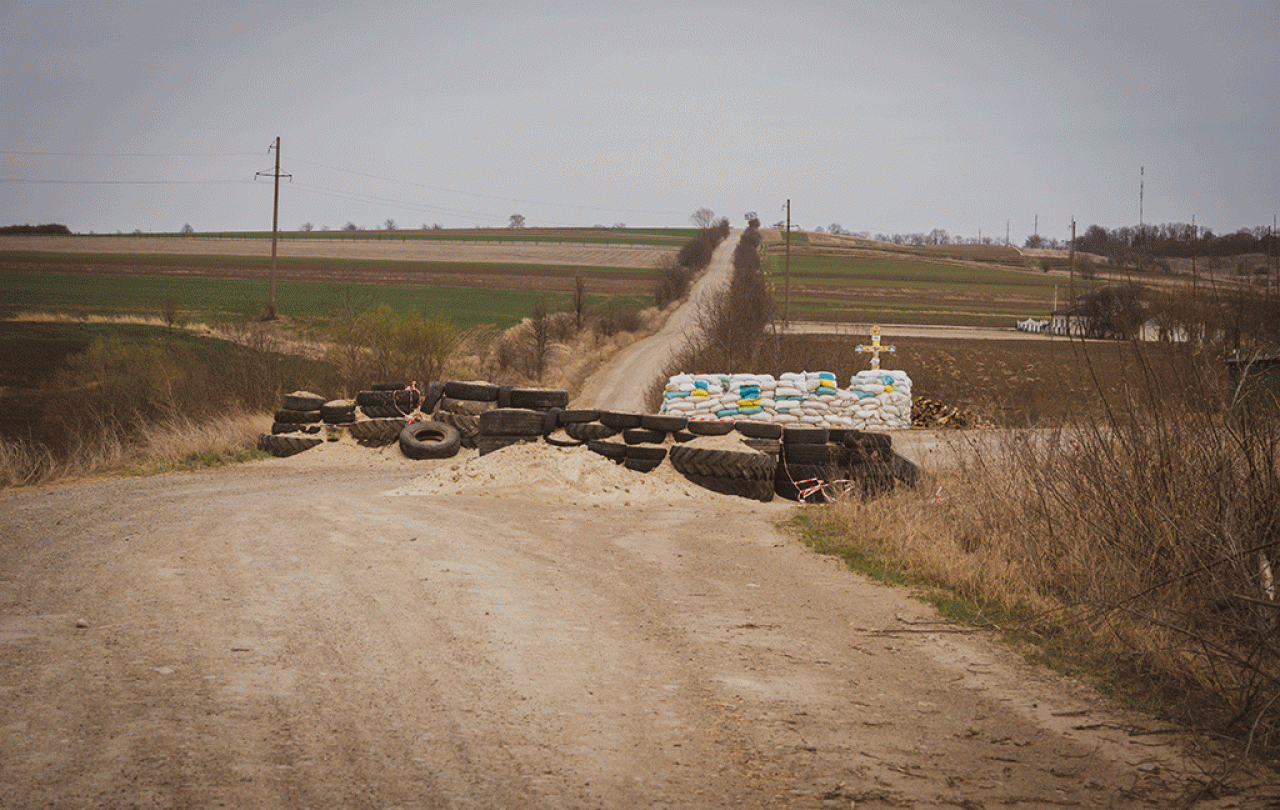
Reading reactions to Donald Trump's election win across different news outlets over the last couple of days has been an education in the contemporary political landscape.
For left-leaning media the future is dark. An Atlantic opinion piece laments that “we must learn to live in an America where an overwhelming number of our fellow citizens have chosen a president who holds the most fundamental values and traditions of our democracy, our Constitution, even our military in contempt.” The Guardian called it “an extraordinary, devastating moment in the history of the United States.” It is a secular version of the sermon: “The End Is Nigh”.
Yet turn to the Daily Telegraph, The Spectator, or anything on the right, and you find a mixture of gloating (“Trump’s triumph is a disaster for Starmer and the self-regarding, virtue-signalling elites!”) and optimism that a new day is dawning. Trump himself hailed the advent of a ‘golden age’ for the American people. Having been mired in misery since the Conservatives’ routing in the UK general election here is a welcome bit of good news for those on the right.
On either side the apocalyptic note is hard to miss. A Telegraph writer says: “2024 is the real deal, a revolutionary moment, a reconstitution and realignment of American and Western politics around fresh principles.” A Guardian writer says that “there is nothing but bad news for Europe in Donald Trump’s US election victory. The only question is just how bad it will get.”
Immediately after elections there’s always a bit of this apocalyptic tone. When Boris Johnson’s Conservative Party dismantled the ‘red wall’, winning traditionally secure Labour seats in 2019, the rhetoric was that this was a generational change, a fundamental re-alignment in UK politics to the right. Labour, surely, was finished. Five years later, after Keir Starmer’s landslide and the routing of the Tories, it all looks very different – at least here in the UK.
Politicians always, in the long run, fail... The question is how badly they fail and whether they are able to do some good along the way until they do so.
Tony Blair fell from grace due to misleading us all over the Iraq war. David Cameron fell because he lost a referendum over Brexit. Boris Johnson was ousted because he allowed parties in Downing Street while the rest of the country was locked down. George W. Bush pursued a disastrous campaign for regime change in the middle east. Barack Obama started with great hope, won a second term, but didn’t change gun laws and was widely thought to have weakened the US through a failed foreign policy. Joe Biden is thought to have failed because he let inflation grow rampant and allowed American borders become too porous.
Donald Trump will fail too. He may, as he promised, deliver an improved economy. He may stem illegal immigration. That, after all, is why many voted for him. But eventually he will disappoint. So would Kamala Harris if she had won. So will Keir Starmer. And that is not to criticise these particular leaders. Like football managers, they all get sacked in the end, and there are very few who like Sir Alex Ferguson, or Jed Bartlett, get to wave farewell to the crowds at the time of their own choosing. Even then, Fergie’s legacy was tainted by his inability to create a legacy, and Bartlett was, despite our misty-eyed nostalgia, a fictional President.
It’s always tempting to reach for apocalyptic language at times like this. Yet the real meaning of ‘apocalypse’ is ‘revelation’, or ‘unveiling’. Taking the longer view, perhaps the real apocalyptic moment at times like these is the unveiling of the true place of politics – as important, but not ultimately important. These moments reveal the inadequacy of all human kingdoms, and our longing for a different kingdom, a kingdom of ‘righteousness, peace and joy in the Holy Spirit’ as the Bible has it, things that no government or election result can ever deliver.
Politics matters because the way we live together matters. Yet what politics at its best can provide – a well-functioning economy, law and order, managing good international relations - only go so far in enabling a flourishing life. Like returning to a familiar drug that we think we can once and for all make us happy, despite the numerous times it has failed before, we still somehow believe that politics can solve all our problems. “Trump will fix it” said the banners – though in fact that is what every politician promises. Jesus warned: “Many will come in my name and say ‘I am he’, and lead many astray.”
Most probably, Donald Trump will not be as bad as many fear, and not as good as many hope. Because politics is never the final word. As American theologian, Matthew Burdette put it recently: “The solution to our politics is not a political solution. Voting for the right or the wrong candidate will not change the situation: the devil is happily bipartisan, so long as politics is our idol. No, what is needed is fundamentally and thoroughly spiritual. Only when we can say with the prophet Isaiah that “the nations are like a drop from a bucket, and are accounted as dust on the scales,” that is, only when we can see against the horizon of the ultimate how small are our worries, will these relative, penultimate things like politics be set right and take on their true meaning in our lives.”





